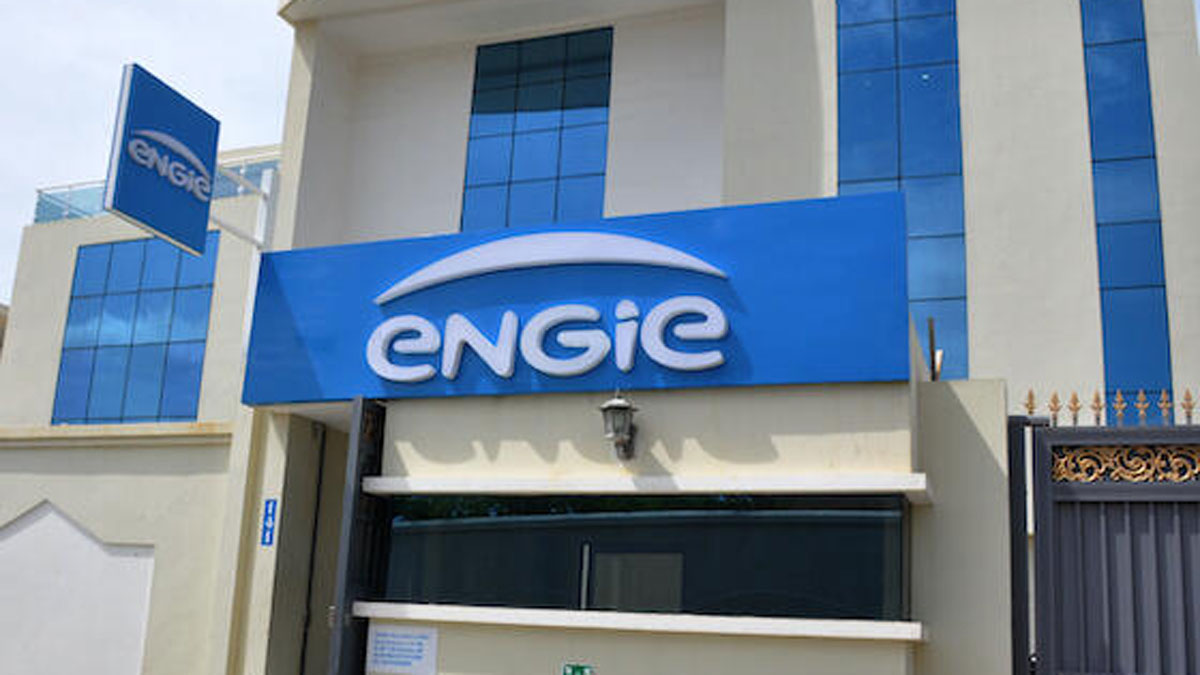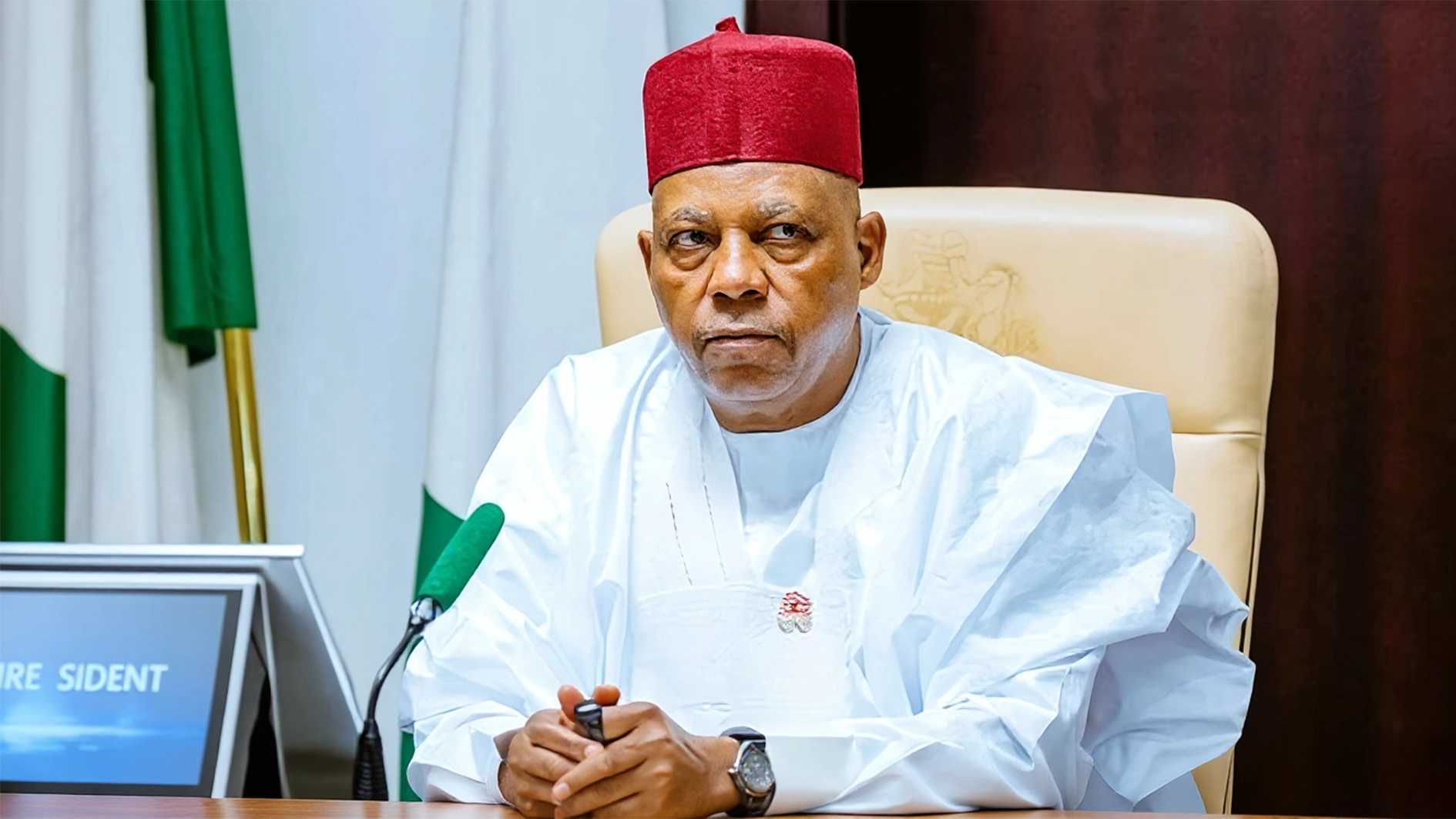
The Head, Mini-Grids, ENGIE Energy Access Nigeria, Onyinye Anene-Nzelu made this known while speaking during a panel session at the second edition of the Solar Week Nigeria 2023 Conference & Awards recently held in Lagos, with the theme, “Partnering For Success: Collaborating with Communities and Stakeholders in Mini-Grids Project With Energy Storage in Nigeria.”
According to her, strategic partnership with relevant stakeholders in the renewable energy ecosystem is essential in bridging Nigeria’s huge energy gap.
She said the importance of collaboration in the renewable energy space cannot be overemphasised.
Anene-Nzelu said 92 million people without access to electricity especially in rural areas, shows that more needs to be done to increase investment in electric power infrastructure, increase financing for private sector energy efficiency and renewable energy development to meet the energy demand of the growing population.
“From the beginning of the value chain is Policy, we need to make sure that we get our policies right and ensure our regulatory framework is well aligned with the right methodology to attract and sustain investments that will enable us bridge the energy access gap across the country,” she stated.
Responding to questions about the impact of mini-grids to the development of rural communities in Nigeria, Anene-Nzelu noted that Nigeria is gradually moving from rural electrification to rural economic transformation, all thanks to the deployment of mini-grids in rural areas.
She described the move as an economic enabler for rural dwellers, as it has opened the communities to more business opportunities, increased productivity and reduced urban migration in the country.
Anene-Nzelu explained that the on-boarding of the mini-grids to the Nigeria electricity value-chain has shown the possibility within the off-grid decentralised renewable energy industry in Nigeria and across Africa, thereby signalling to other investors interested in becoming partners in progress to bridge Africa’s huge energy gap.
She further stated that the current hike in the cost of energy occasioned by the removal of fuel subsidy will adversely affect the socio-economic well-being of the rural dwellers if much attention is not given to the adoption and utilisation of renewable energy to that segment of the society.
Highlighting the role played by ENGIE Energy Access in positively impacting the lives of its customers in the rural community, Anene-Nzelu disclosed that since the construction of its mini-grids project in Gbangba-Niger State, the company has helped unelectrified homes, small and medium-sized enterprises (SMEs), schools and primary healthcare centres gain access to stable electricity supply using renewable energy.
She further stated that the company has converted over 45 kilowatts of diesel-powered machines to electric-powered machines, reducing greenhouse emissions and promoting the usage of clean energy, thereby helping farmers spend less in food processing.






